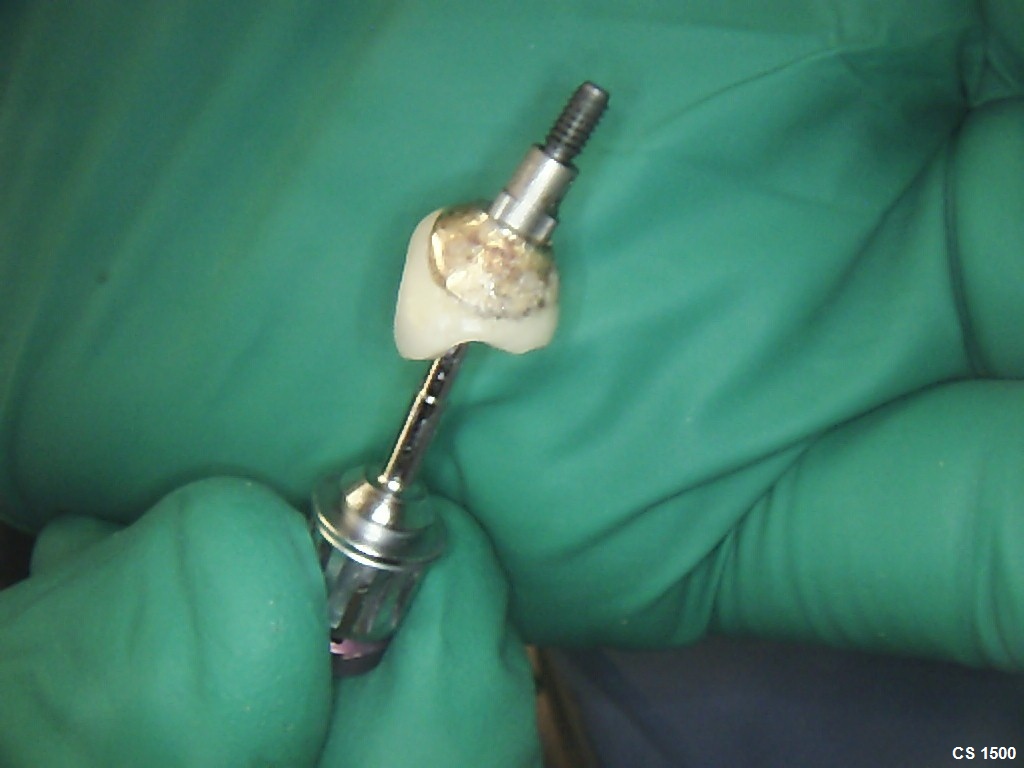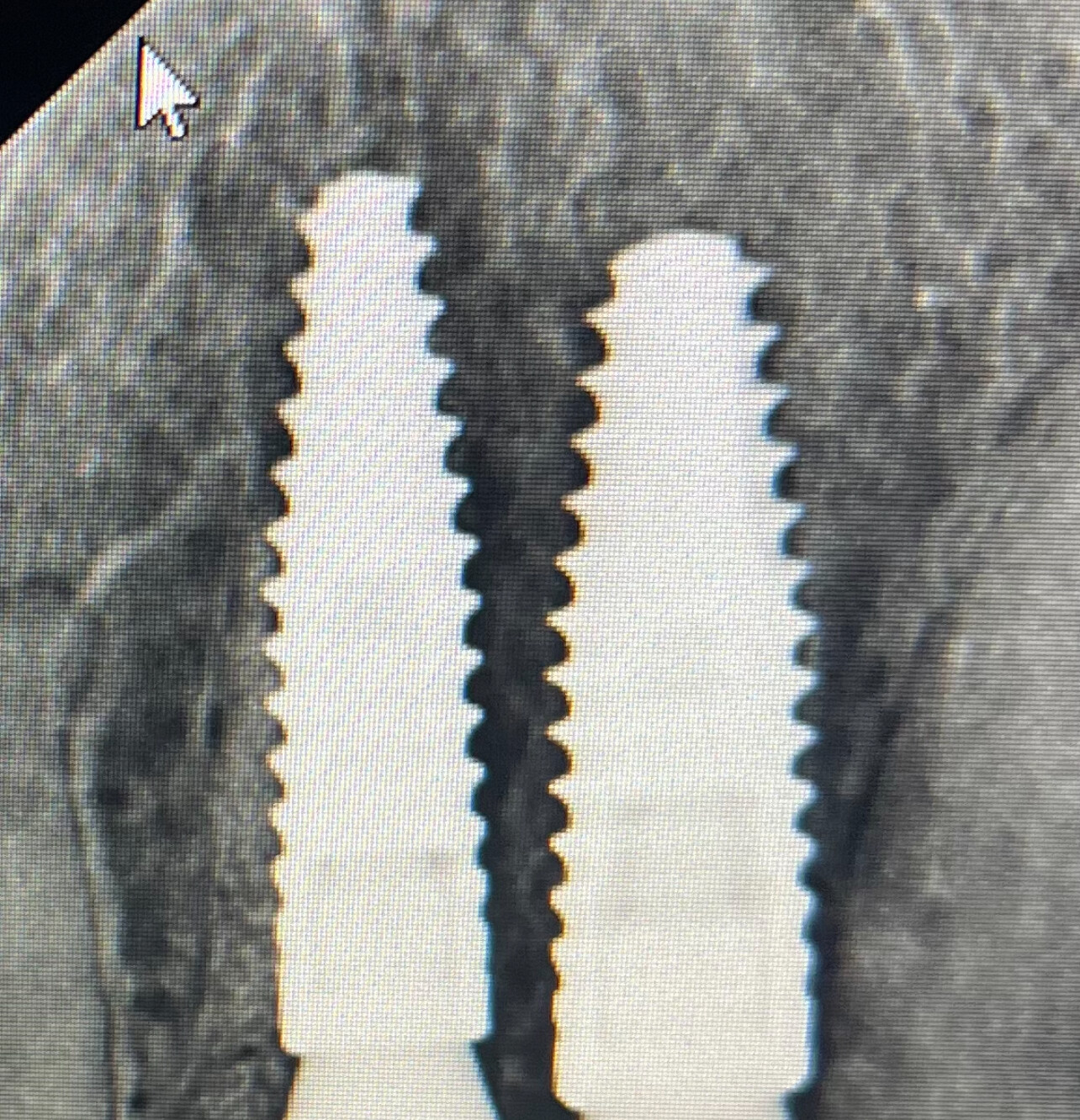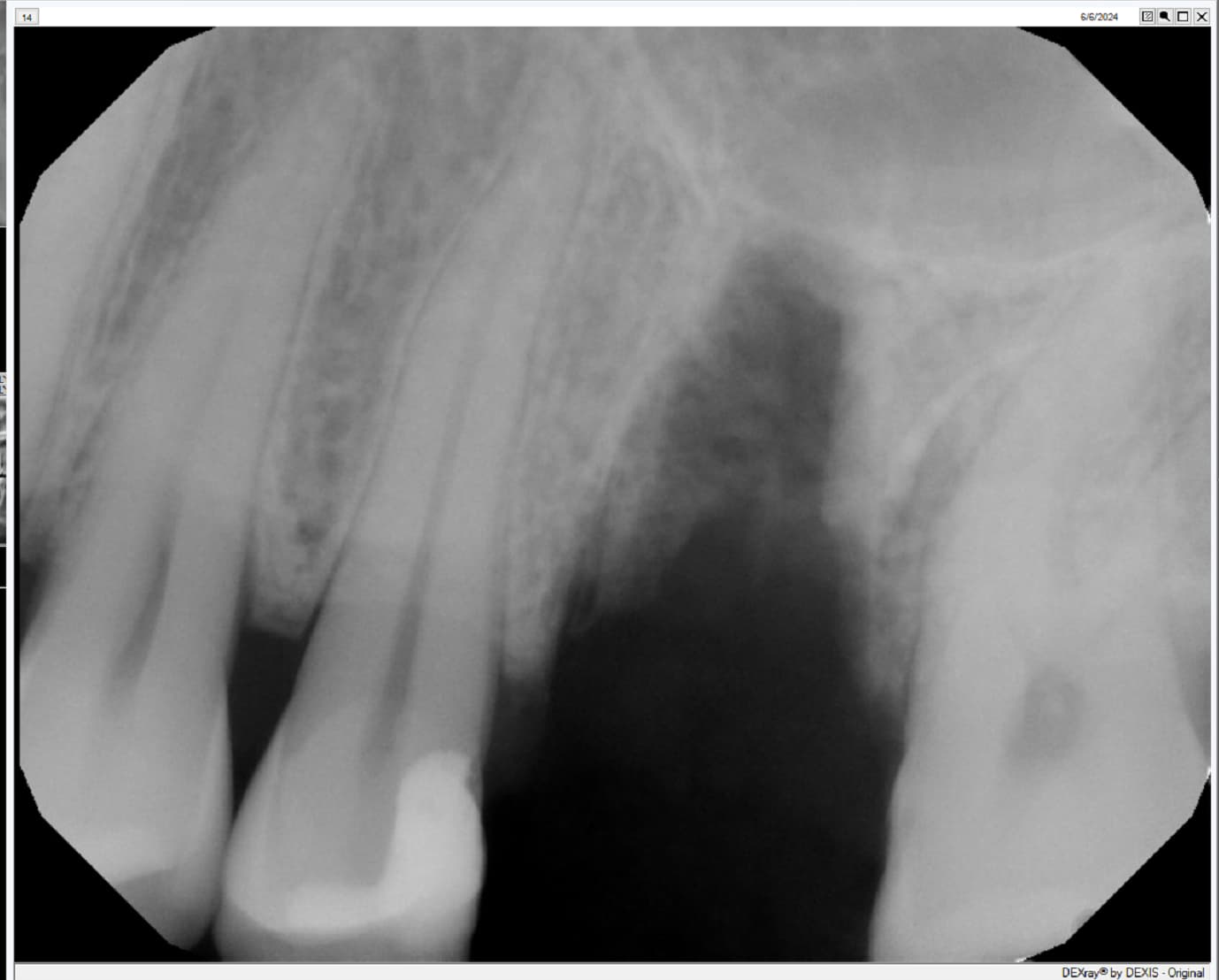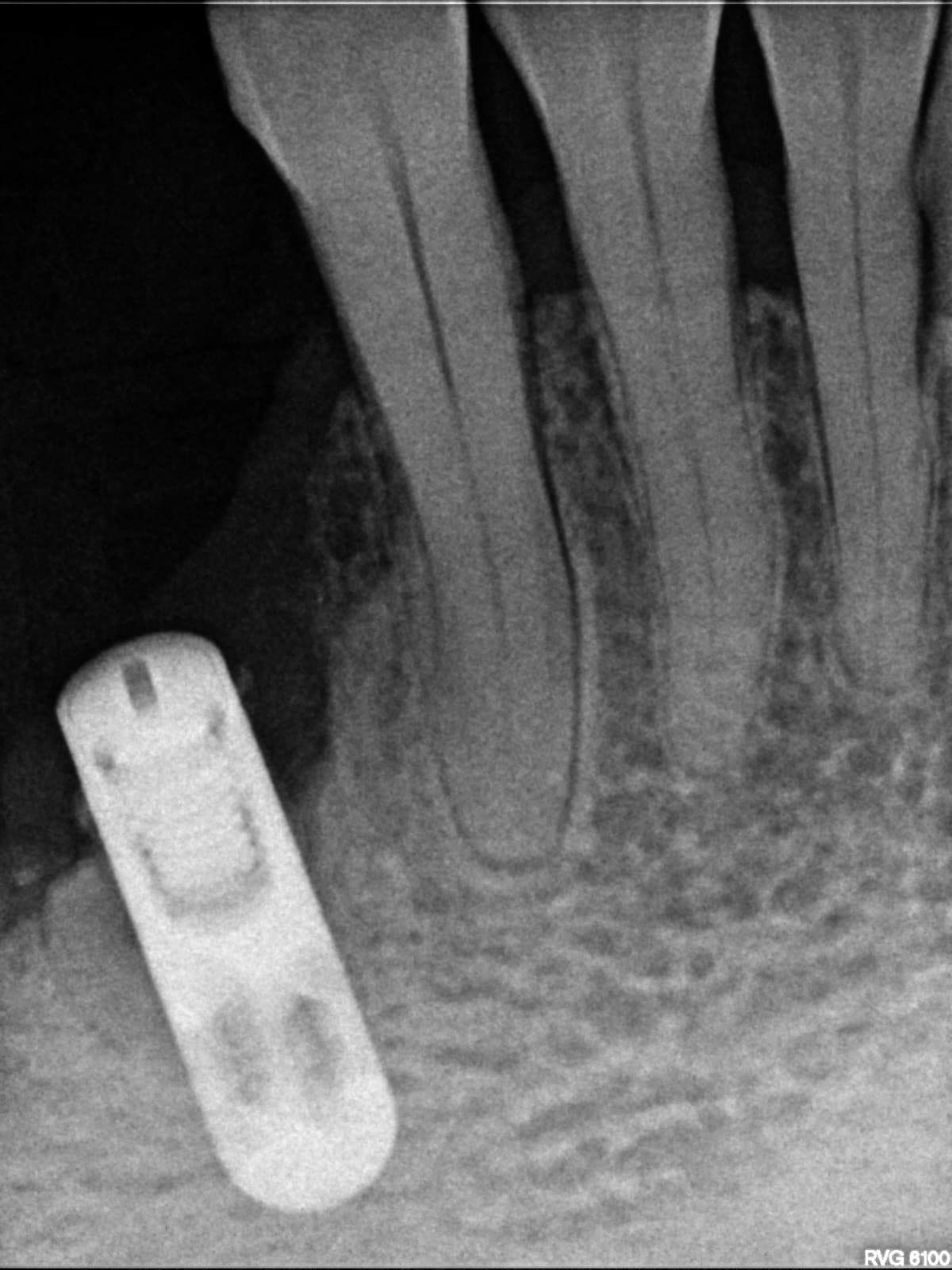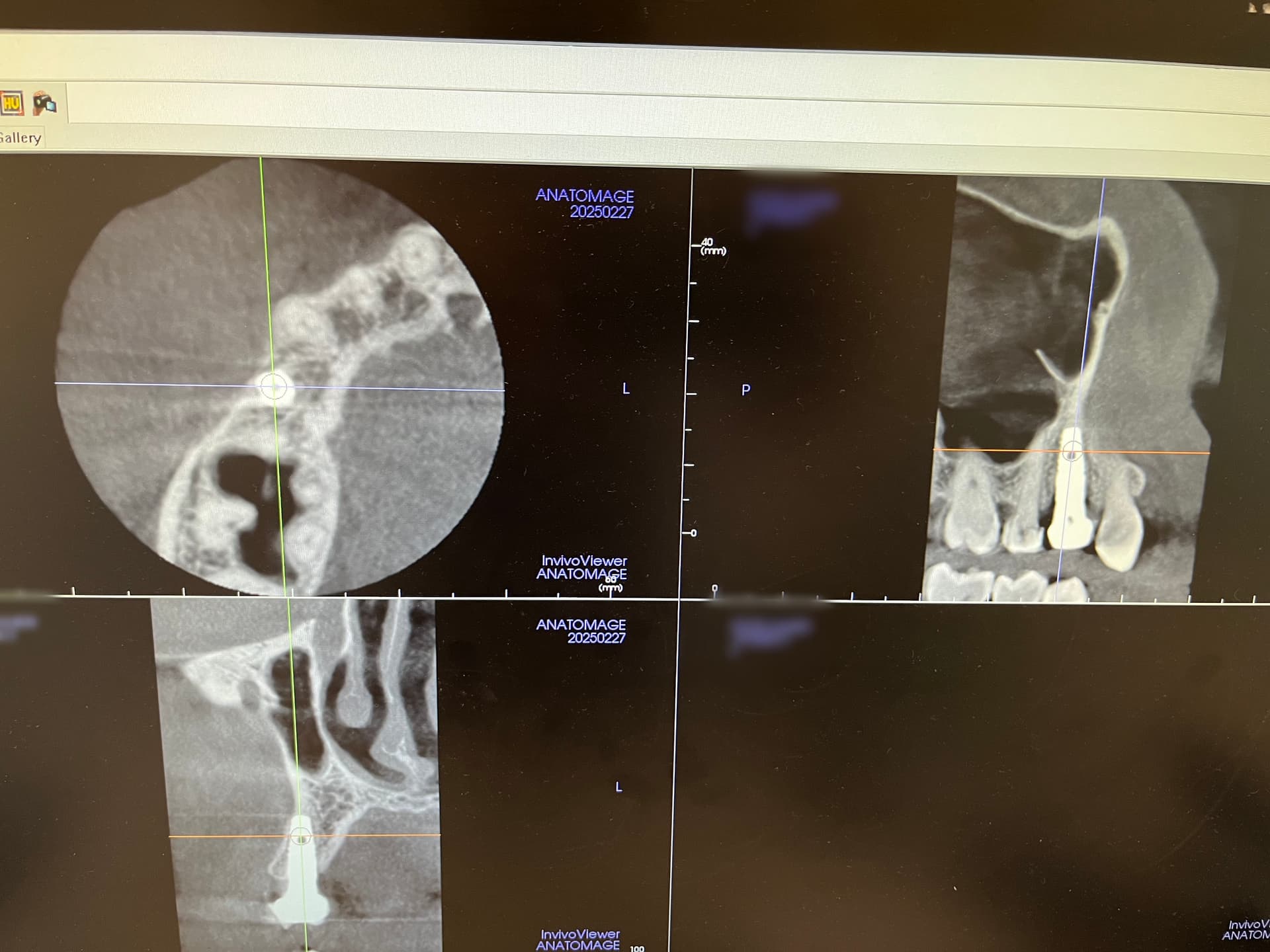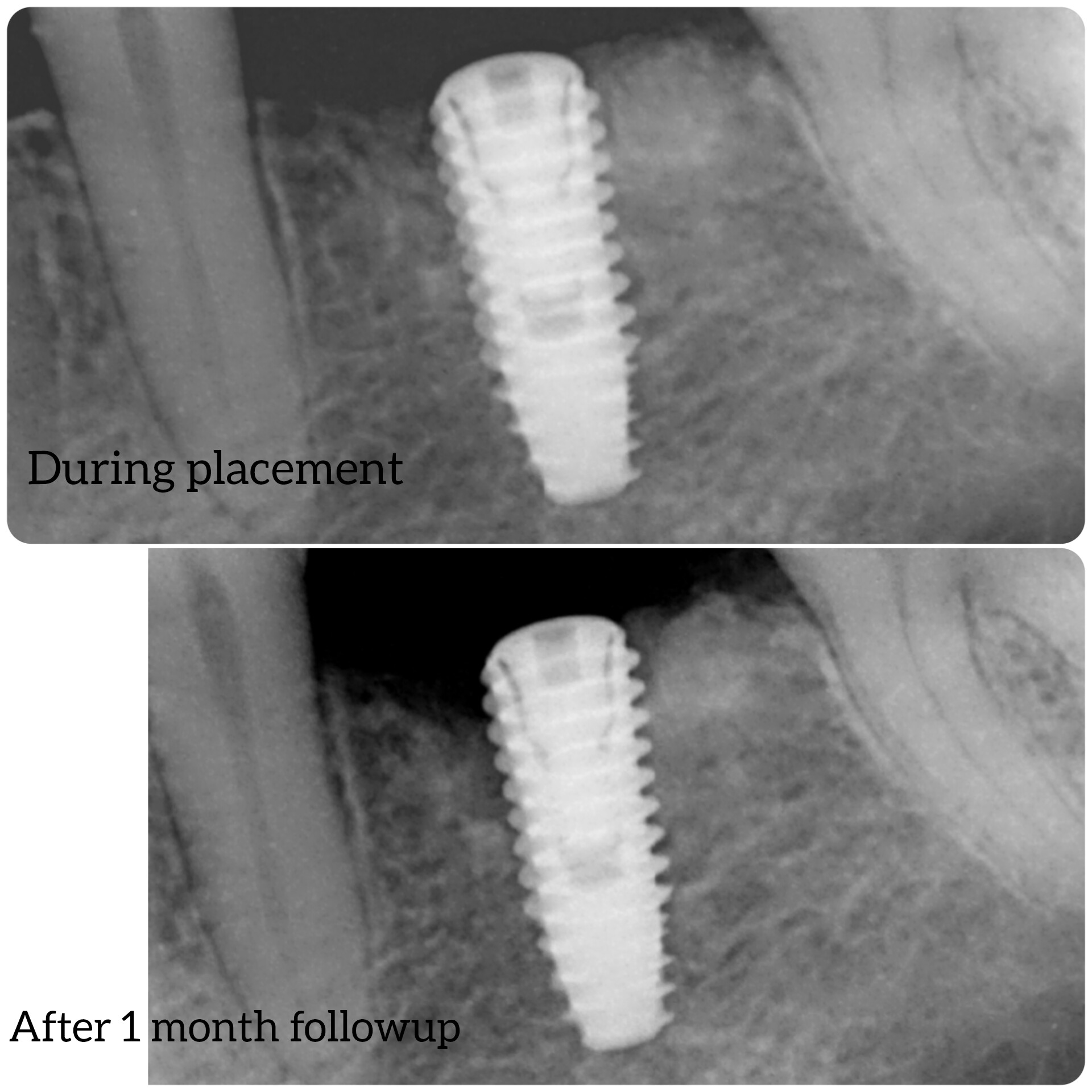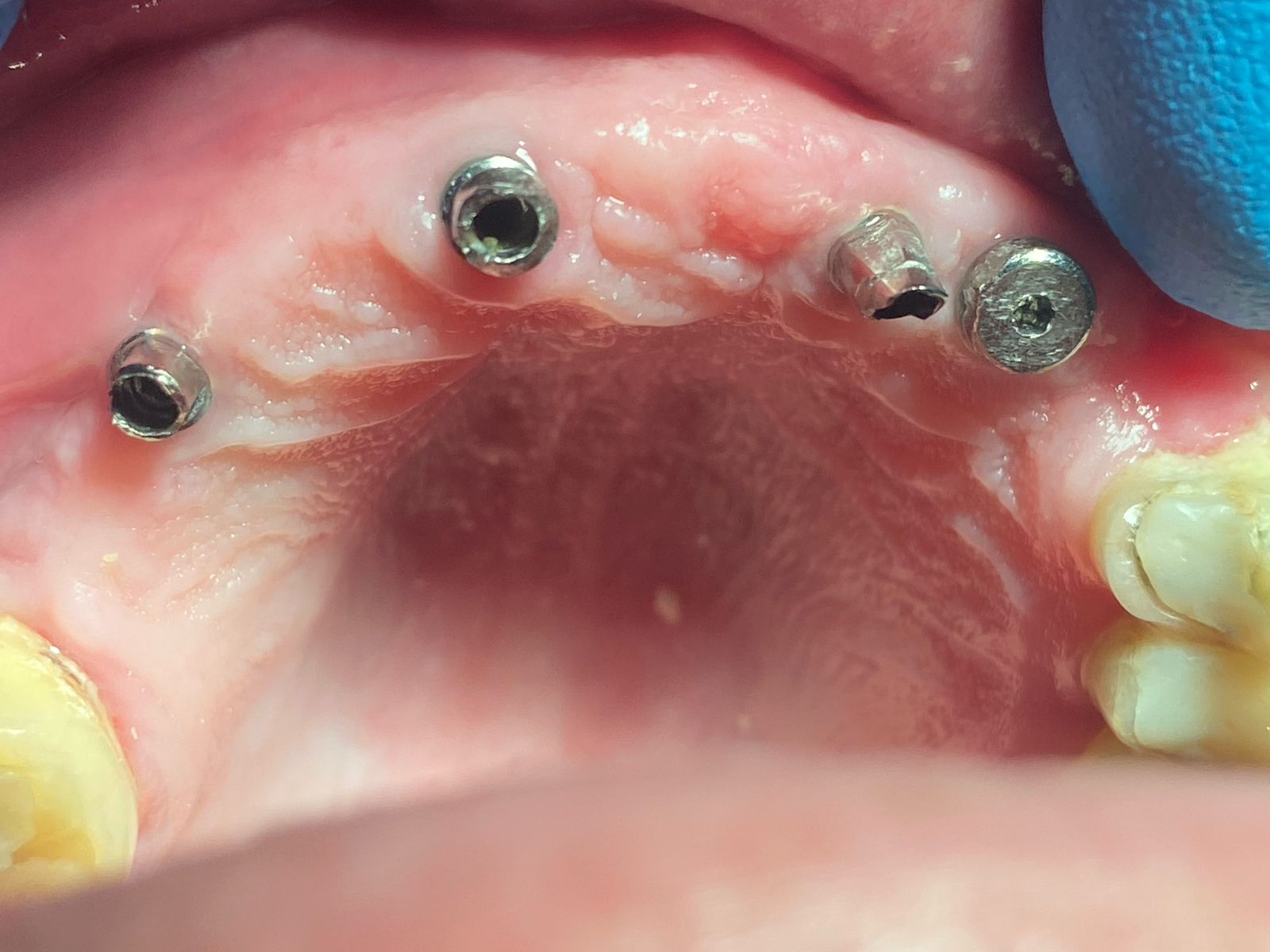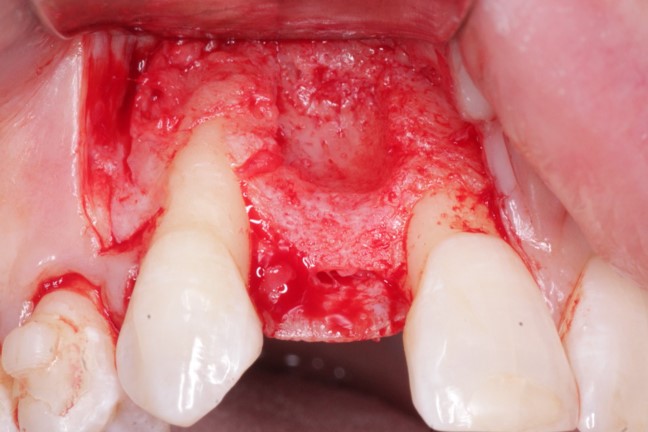Night guards necessary after implants?
I have new dental implant and the dentist suggests I consider a guard at night. he tells me all his patients use one. Is this really necessary?
6 Comments on Night guards necessary after implants?
New comments are currently closed for this post.
Ejaz
9/26/2013
If you have grinding habits during sleep then yes otherwise no need.
Carlos Boudet, DDS, DICOI
9/26/2013
I do not recommend a night guard to all your patients, so why would I recommend a night guard to all your implant patients?
I would suggest that it is better to evaluate the patient for any destructive habits or parafunctional activity that may cause damage to the implant or restoration and make a recommendation to wear one if there are any.
Good Luck!
James J. Harp
9/26/2013
It is estimated that 8-10% percent of the general US population suffers from bruxism (teeth grinding or clinching,) a condition frequently associated with a preexisting dental or jaw disorders, as well as stress.
According to the American Dental Association, 95 % of Americans "grind" or "clench" their teeth at some point in their lives, but > 20 % of Americans suffering from bruxism don't even know it.
Bruxism damages teeth and dental implants. Forces are tremendous and can exceed 400 lb. psi ... Dental guards and occlusal splints created by dentists or dental labs are extremely helpful as they are custom fitted for each patient. If financial considerations are a factor, there are other less-costly options that are better than no dental protection to mitigate the damage of awake or nighttime bruxism. Get a night guard of dental splint. Very low cost insurance and dental protection.
Night Guards, such as the Doctor's® NightGuard™ Advanced Comfort™ dental protector can help save your teeth, fixed dental implants and dental implant supported dentures from the damage that nighttime (bruxism) can do to native teeth, dental implants, and implant supported dentures.
mark
10/3/2013
If you need a night guard, (you did not say why), so until you do, do not use anything that your dentist does not approve of. If you grind or clench, you need it fitted properly because you wont wear it if uncomfortable.
Night guards can be used for many things. The most common--
1- grinding
2- clenching (not the same as grinding)
3- obstructive sleep apnea--shifts jaw to reduce airway obstruction.
grinding can lead to broken and worn teeth, usually a grinders top and bottom teeth line up exactly ---The night guard not only separates the teeth and provides cushion, but puts the jaw in a more neutral position so it can relax. Clenching can cause TMJ issues, and also headaches, dental problems, (loose teeth, pain, fractures, chips, etc)
Sleep apnea is a complex and potentially fatal disorder. In SOME SITUATIONS, the jaw can be moved forward or back, opened etc, (by means of a splint), and it reduces the obstruction--but you need a sleep study for diagnosis, and a dentist who is trained in this and will work with the sleep physician to make the proper device.
Sleep apnea is normally treated with a CPAP and cpap is the "gold standard". However, sometimes a dental device can solve the problem.
you dont HAVE to have a night guard. However, if your dentist thinks it will protect that implant then I would. Its a small amount of insurance (assuming you need it).
I hope this helps.
Sandra
6/27/2018
I have a implant bar, removable upper denture. I bite my cheek and lip at night, the metal bar is hurting. What type mouth guard should I use?
irina
11/27/2019
can i wear night guard if i have an implants










